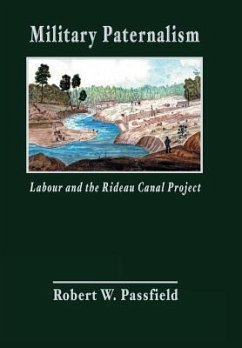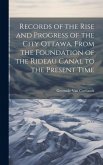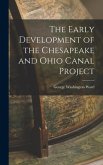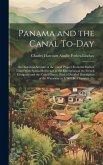In studies of the Rideau Canal construction project, Labour historians have focused on the suffering of the canal workers, and have posited that the military deployed troops to suppress labour unrest and were indifferent to the suffering of the workers. This book provides a different perspective through placing the canal project within its natural and physiccal environments, and through taking into account cultural factors in examining the labour as it evolved during the construction of the canal. Within that broader framework, a totally different view emerges with respect to the causes of the suffering experienced by the canal workers, and the role of the military on the canal project. Moreover, the paternalism of Lt. Col. John By is revealed in his efforts to promote the physical, material, and moral well-being of the canal workers. Lastly, the phenomenon of military paternalism is examined further within a Marxist context, and in terms of Anglican toryism and and Lockean liberalism.
Hinweis: Dieser Artikel kann nur an eine deutsche Lieferadresse ausgeliefert werden.
Hinweis: Dieser Artikel kann nur an eine deutsche Lieferadresse ausgeliefert werden.








